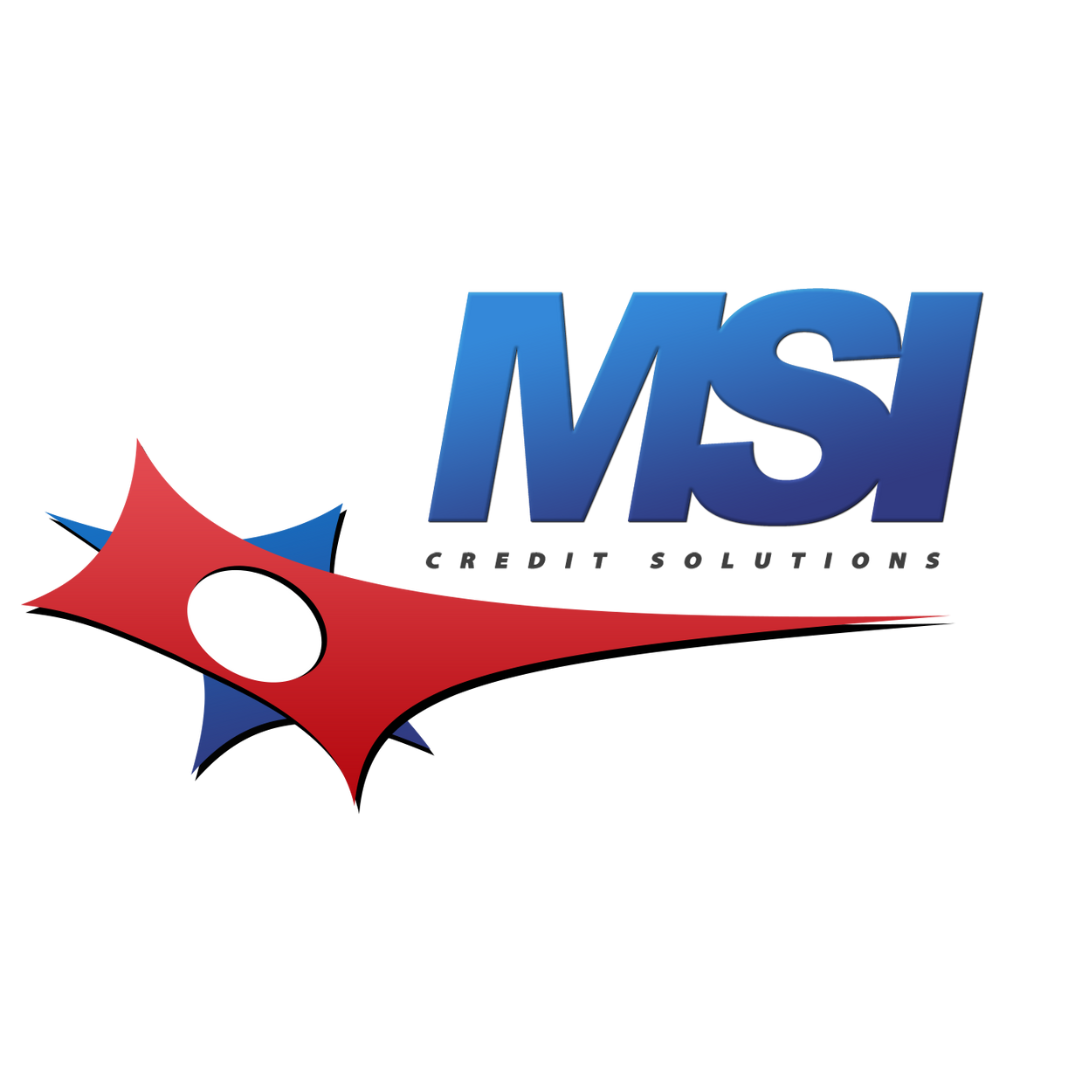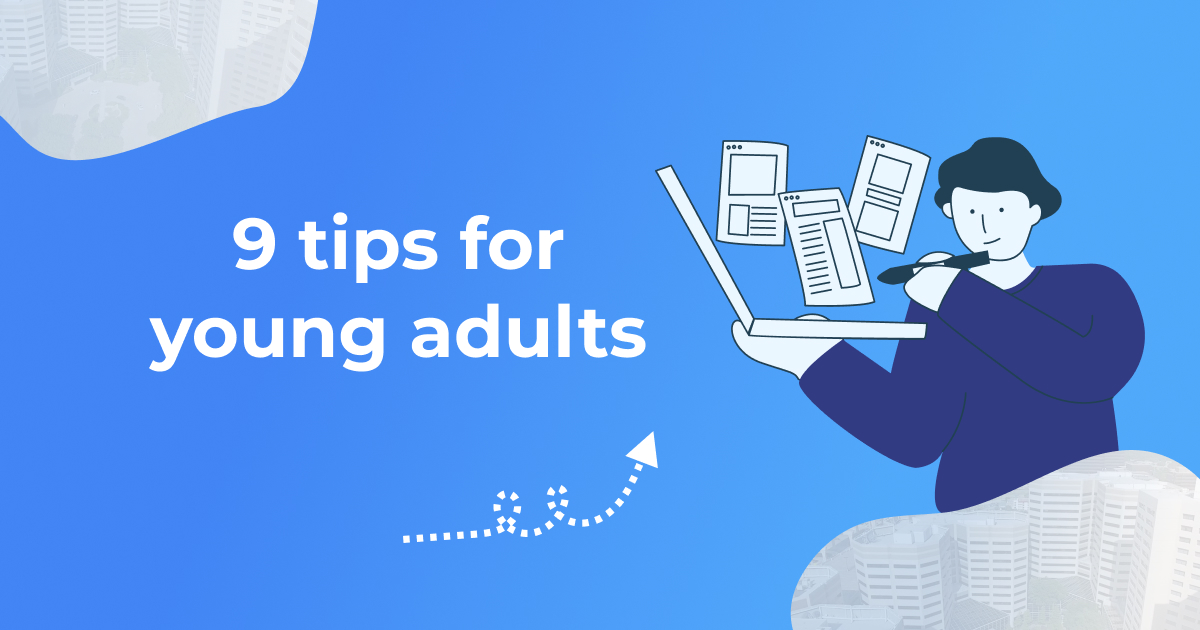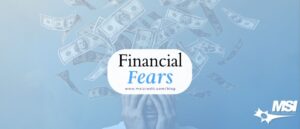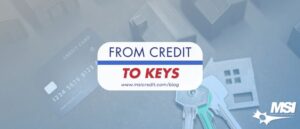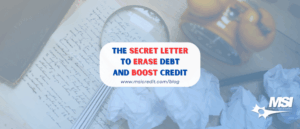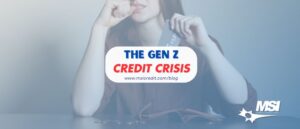By
Kevin Salas
Don’t wait until it’s too late! Start young and reap the benefits
The “Finance for Young Adults” course is usually not included in high school curriculums—a sad oversight that leaves many young people unfamiliar with how to manage their money, apply for credit, and stay out of debt. In 2022, 23 states will require students to take a personal finance course and 25 will require them to take an economics course for high school graduation. However, this age group still has a large amount of knowledge gaps.
If only time machines did exist. Unfortunately, we cannot go back and tell our younger selves what to watch out for. Though, we hope this topic today will assist young adults in how to properly manage their finances.
Familiarize yourself with your spending habits and establish healthy spending. The stories usually consist of consumers who were not taught healthy spending at a young age. Separate your needs, wants and savings. If you find you are investing more into your wants, barely making your needs and not putting enough into your savings you may want to establish a plan. To help track your finances we recommend checking out Mint.com you’ll be amazed to find out where your money goes.
1. Save, save, and save!
Young consumers are usually stuck in the NOW moment, not practicing healthy spending, and not planning for future savings. Start saving now! Try putting a dollar aside a day and putting it into a savings jar. It shouldn’t make a difference to your wallet, but you will see your savings grow. Every now and then remove the money and deposit it into your savings account. Whether it be a savings plan such as this or another it will ultimately place you on a better trajectory with your finances.
2. You don’t have to keep up with the Jones’.
Media will consistently tell you of the new trendy item you must have. These images at times will portray lifestyles that are far from the average lifestyle of the young consumer. At this age it is easy to get caught up in comparisons of what others have and you don’t. This cycle is never-ending and never satisfying.
3. No cash? Don’t charge.
Fresh out of high school and into college a lot of students obtain credit cards and usually are not taught how to properly use them. If you do not have the funds available to cover the balances you charge, just don’t charge it. The more your balances carry over the more interest charges you will acquire. Making only the minimum payment will put you on a path with a finish line that will seem impossible to reach.
4. It’s never too early to develop good financial habits!
Teenagers and young adults may find it difficult to understand the importance of managing their finances. With growing concerns about where you plan to apply to college, what profession you want to pursue, or even where you are intending to live; how to manage money may be the last thing on your mind. It’s never too early to learn healthy money habits. Here’s a list of a few habits you can start using now.
- Don’t max out your credit cards.
- Try to pay your credit card balances as close as you can to zero.
- Pay everything on time. Do not pay late.
5. Work hard now, play later.
Some young adults are eager to live it up now. You may be 21 now look up and find you are nearing your 30s. Kick it into gear now so later you can plan on great vacations or even have enough saved to quit your 9-5 and start your very own business. With money in the bank, you can stop living paycheck to paycheck and make your dreams realities.
6. The faster you save and invest, The more investment opportunities to consider.
There’s no guaranteed way to get rich quickly, but there is a guarantee to getting rich slowly. Saving and investing your money into a brokerage, real estate, or your own business will enable you to become financially free faster. Investing involves risk in every industry, so don’t wait for the perfect opportunity before you start investing. Break into the industry as soon as possible by being calculated and strategic.
7. Don’t max out your credit cards.
Even with a high credit limit, it’s a foolish idea to use it all. Running up a large credit card balance will impact your credit score, lead to debt, and make it difficult to borrow money in the future. Paying by credit card provides perks and discounts that aren’t available with cash, but be careful to avoid certain pitfalls.
8. If you have student loans, prioritize paying them off.
You could owe a few thousand dollars to $120,000 or more. Student loan debt varies this is depending on your combination of school, degrees, and private/federal student loans. The idea of paying off your student loans, especially if you have multiples, may seem like an impossibility. What’s the most effective time to start paying off your student debt? When it comes to prioritizing your debt, here are some tips to keep in mind.
- The health of your overall finances, including your debt (credit cards, auto loans, personal loans, etc.) your total amount of student debt, and your interest rate
- Amount and interest rate of your total student debt
- What your student loan payment means for your monthly budget
- There may be consumer protections available to you, such as forbearance on federal student loans, income-based repayment plans, and forgiveness of federal student loans
9. Get professional help with your finances if you need it!
In the end, we all make mistakes. If you have derogatory items on your credit report, consider credit repair services. Credit Repair focuses on attempting to remove as many of the derogatory items from your credit report which increases your credit scores. Over the past 15 years, MSI Credit Solutions has assisted thousands of everyday people to repair and boost their credit. If you need assistance please request a free consultation with one of our Credit Experts.
MSI Credit Solutions provides superior credit restoration and comprehensive consulting services that are reliable and affordable. For any questions or to schedule a free credit consultation, contact us at (866) 217-9841.
*The information in this article has been provided strictly for educational purposes.
